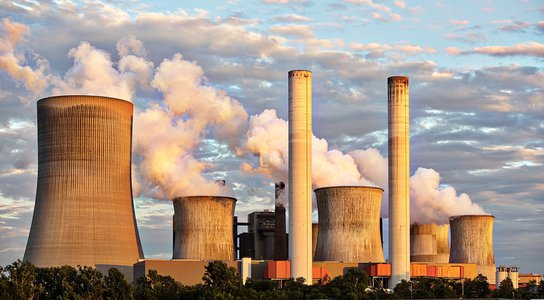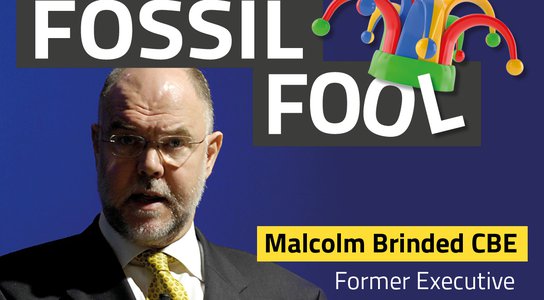Millions of school children take to the streets, leading a movement of youth against looming climate breakdown. Hundreds of protestors light up the bridges of London shouting that ‘business as usual’ can’t continue. Banks and businesses look glaring into the face of the climate crisis they have a huge responsibility to help curb. And tonight, David Attenborough will show the devastating effects that unchecked climate change could have in the near future.
What needs to happen next? We all know that businesses and governments need to act. But an increasing spotlight is falling on investors – the banks, financiers, pension funds and projects which pump money into projects which fuel human rights abuses and environmental destruction.
To avert climate breakdown, we must leverage our power as citizens, and put pressure on investors – the very same that manage our pension funds or our savings, for example – and ask them to address the root causes of climate breakdown as an urgent priority.
Here are three big ways we can change financing to save our planet.
Stop financing forest destruction
Tropical forests in the tourist paradise of Solomon Islands chopped down at over 12 times the sustainable rate, soon with nothing left. The biggest single owner of logging concessions in the forests of the Democratic Republic of Congo operating illegally on 90% of its sites. Ten European companies importing millions of dollars’ worth of timber at a high risk of being illegal. The threat of environmental protections being weakened in the Brazilian Amazon.
Governments, businesses and the public seem to have forgotten the critical role tropical forests play in halting climate breakdown. But by stopping the expansion of industrial logging in the Democratic Republic of Congo’s rainforest – for example – we could stop the generation of an extra 35 million tonnes of extra CO2 emissions per year.
It is vital that we stop financing the destruction of these climate critical forests, as well as ensure that regulation on timber sourcing is enforced or introduced where it doesn’t exist. Find out more about investigations on why this is still happening here, and share our video now on fighting the secrecy behind environmental destruction here.
Stop financing attacks on Land & Environmental Defenders
Where does the money come from to fuel attacks against the land and environmental defenders who stand on the front line of ecological defence?
As agribusiness booms, tropical forests are logged and mining continues to deliver huge revenue to major global corporations, there are increasingly brutal attacks against the communities who dare to oppose unscrupulous governments, companies and investors profiting from their land.
Yes - businesses and governments must change this story – tackling the root causes of attacks and the destruction which has caused us to miss so many climate targets. But investors and financial institutions have a key role to play in creating change.
Revelations that investors play a key role in funding projects linked to human rights abuses are unfortunately far too commonplace.
With the political momentum building to make the financial sector more accountable for today’s vast sustainability challenges - be it climate change or threats to local communities - the EU, investors and companies have the opportunity to act to close these loopholes. Find out what regulation must be introduced, and watch and share our video on why investors must take responsibility here.
Stop financing fossil fuels
The world’s financial institutions enable the climate crisis by providing funding for fossil fuel extraction – by far the largest source of greenhouse gas emissions. Between 2015 and 2017 alone, 36 global banks provided a staggering $345 billion USD for fossil fuel projects and companies. Banks claim to support the Paris Agreement, but they can only do this by getting out of fossil fuel financing.
The governor of the Bank of England himself has warned that the global financial system faces an existential threat from climate change, so it is in the interests of investors and financial institutions to take urgent steps to reform in order to avoid this danger.
For developing countries with large reserves of fossil fuels, there are risks too. In Nigeria, oil giants Shell and Eni engineered an oil deal set to deprive the Nigerian people of an estimated $6 billion in future revenues. In Indonesia, we found evidence of millions of dollars shifted out of a coal firm into an obscure offshore company, with losses to the company’s investors.
Find out some of business arguments for financial institutions to stop funding this environmentally destructive industry, and watch and share our video on the follies of investing in Indonesian coal here.
We know that climate change cannot be solved by individual action alone. Collectively, we can hold those in power to account and push them to take the right action on the environment. Join us in calling for real change to our financial sector to help halt climate breakdown.


